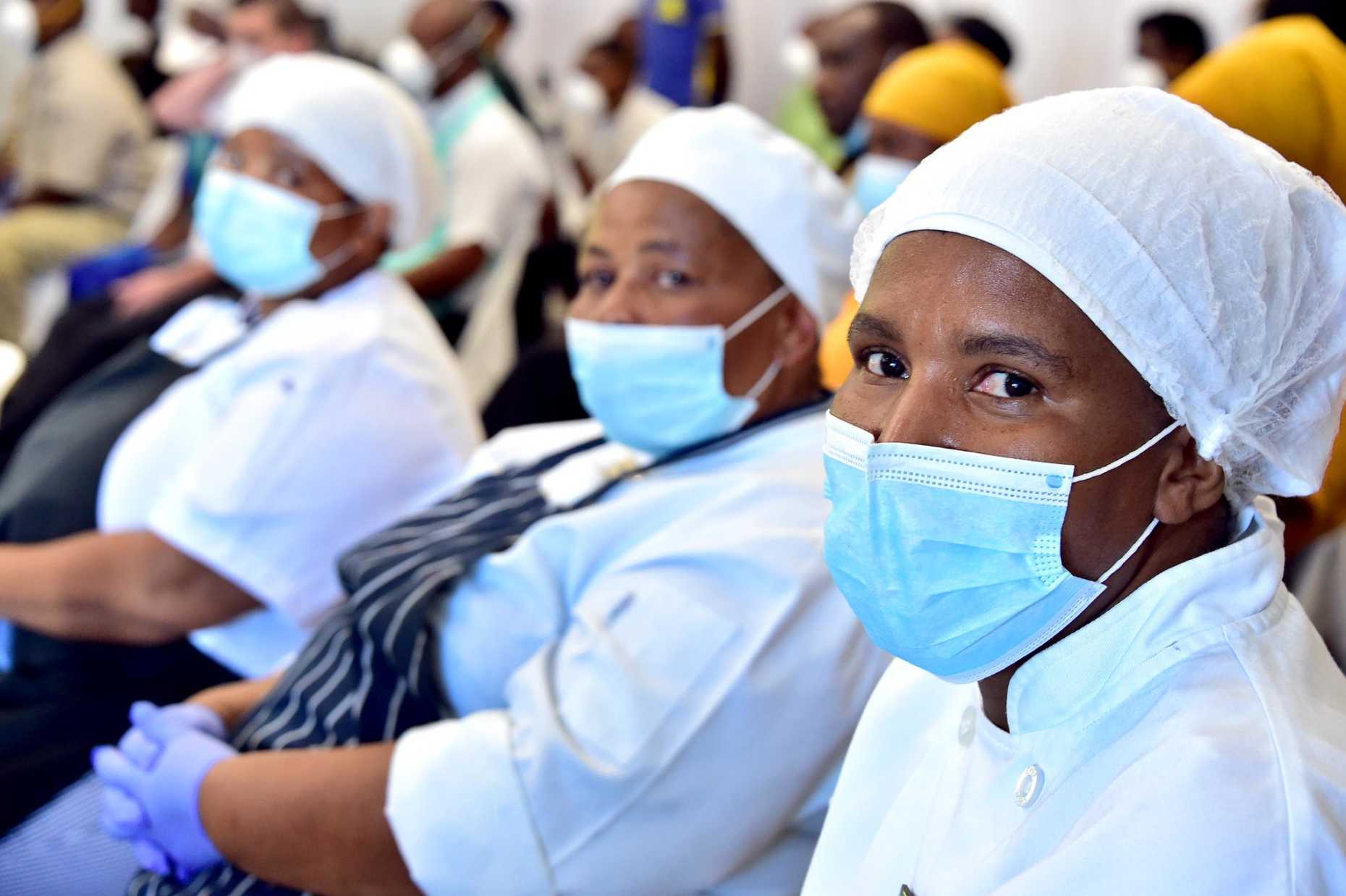Managing COVID-19 in poor urban neighborhoods
In World Development, Kathrin Durizzo, Antoinette van der Merwe and Isabel Günther from the ETH Development Economics Group present their results from telephone surveys about how the urban poor in Ghana and South Africa cope with the Corona pandemic.

Together with the University of Ghana and the University of Pretoria, Kathrin Durizzo, Antoinette van der Merwe and Isabel Günther conducted phone surveys with 1400 households in Accra and Johannesburg – the two African cities with the most COVID-19 infections – early in the pandemic, during lockdowns of public life. They wanted to analyse how the urban poor are experiencing and managing the COVID-19 pandemic.
Their data suggests that the first shutdown of public life in April 2020 had devastating effects on the economic and mental well-being of the urban poor, but did not always lead to the intended social distancing. In Ghana, a big challenge is public transportation and shared toilets. The urban poor seem to be more likely to engage in social distancing if they are well-informed (via TV), and they think that governmental measures are appropriate.
external page Read the full article in World Development